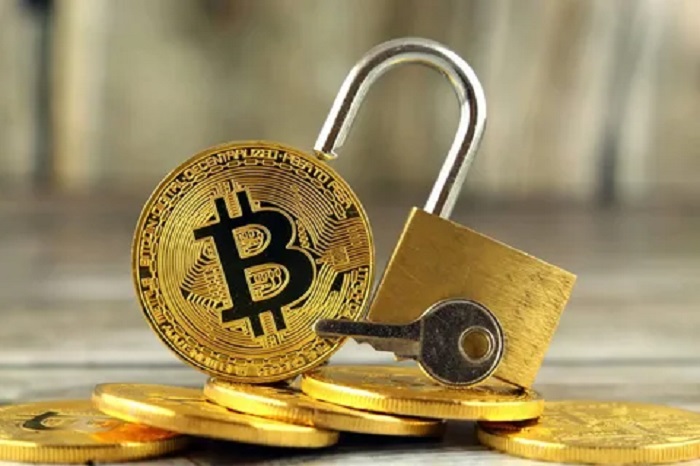In the world of digital finance, protecting cryptocurrency assets is becoming a priority for every investor and trader. Despite the advanced technological development of blockchain, the security of digital currencies directly depends on the user. Losing access to a wallet or having funds stolen by hackers can lead to irreparable losses, as blockchain transactions are irreversible. Therefore, knowing and applying best practices for cryptocurrency security is essential for preserving capital. You can always visit this service for more information.
How to ensure security?
The first step in ensuring security is choosing a reliable cryptocurrency wallet. All wallets are divided into two main types:
- Hot;
- Cold.
Hot wallets are connected to the internet and are convenient for frequent transactions, but they are more vulnerable to hacking. Cold wallets, on the other hand, store cryptocurrency offline, making them virtually inaccessible to attackers. For long-term storage, it is recommended to use hardware wallets such as Ledger or Trezor, which provide maximum security.
Proper storage of keys and passwords is equally important. Cryptocurrency belongs only to the person who possesses the private key. Losing this key is equivalent to losing funds. Therefore, under no circumstances should you share keys with third parties or store them in cloud services. The best option is to save the data on a physical drive and store it in a secure location, such as a safe. It is also recommended to use recovery phrases and back them up on multiple drives.
The next level of protection is two-factor authentication. It creates an additional barrier when logging into an exchange or wallet account, requiring confirmation using a separate device or app, such as Google Authenticator. This significantly reduces the risk of unauthorized access, even if an attacker learns your password.
How to choose a cryptocurrency exchange?
Particular care should be taken when choosing a cryptocurrency exchange. Before registering, it is important to ensure that the platform is licensed, has a positive reputation, and uses modern security technologies, such as data encryption, protection against DDoS attacks, and storing the majority of user assets in cold wallets. Reputable exchanges also offer the ability to set up additional layers of security, such as IP address restrictions, email withdrawal confirmations, and login notifications.



